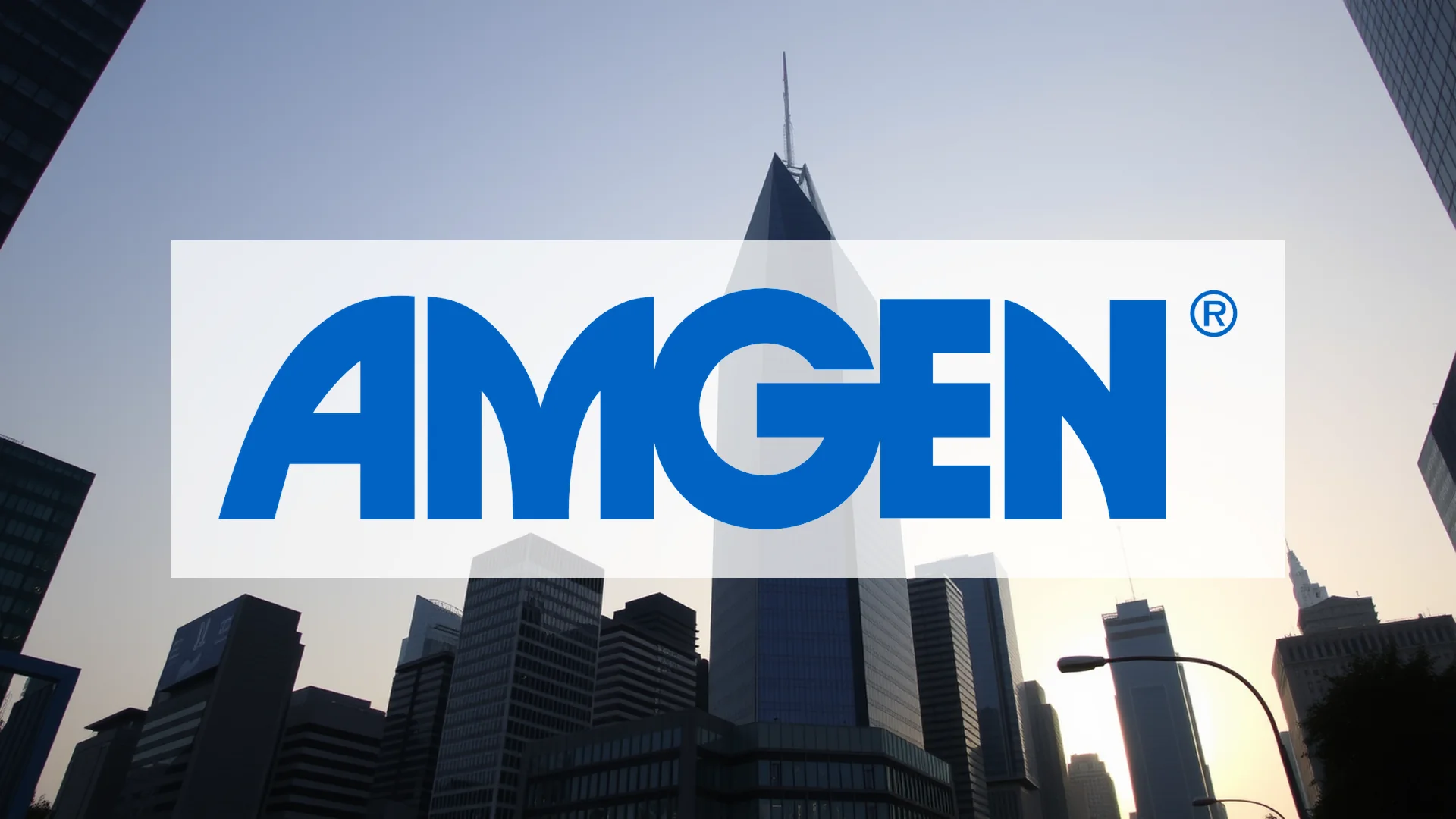Offshore services provider Tidewater delivered exceptional second-quarter results while simultaneously announcing a substantial share repurchase initiative. However, management’s cautious commentary about emerging sector challenges has created a complex investment narrative, leaving market participants to weigh robust current performance against a potentially softening future outlook.
Shareholder Returns Take Center Stage
In a powerful move for investors, Tidewater unveiled a new $500 million stock buyback program. This ambitious capital return strategy was facilitated by a comprehensive debt refinancing completed the previous month, which eliminated restrictive credit covenants. The company has already acted decisively, repurchasing 1.4 million shares at an average price of $36.80 per share. This aggressive buyback underscores Tidewater’s formidable financial position and demonstrates a clear commitment to enhancing shareholder value.
Operational Performance Exceeds Expectations
Tidewater’s operational metrics surprised to the upside during the quarter. The company reported earnings per share of $1.46, significantly surpassing analyst projections. Revenue climbed to $341.4 million, establishing new records for the current market recovery cycle.
Should investors sell immediately? Or is it worth buying Tidewater?
This performance was driven by an accelerating transition of vessels to premium-rate contracts. Average day rates exceeded $23,000, with operating margins surpassing 50%. The company’s larger anchor handling tug supply (AHTS) and platform supply vessels (PSV) particularly contributed to this positive momentum, commanding increasingly favorable contract terms.
Management Sounds Cautious Note Despite Strength
Despite these impressive results, company leadership issued warnings about approaching headwinds. Management pointed to a noticeable decline in offshore drilling activity that will inevitably affect future business prospects. This cautious stance creates an interesting contrast with the company’s maintained full-year guidance, which projects revenue between $1.32 billion and $1.38 billion with gross margins of 48% to 50%.
The company’s 93% contract coverage provides near-term stability, but questions remain about how broader industry softening might impact future contract negotiations once existing agreements expire. While Tidewater’s stock has recovered from recent declines, it faces the ongoing challenge of demonstrating resilience against evolving market conditions. The coming quarters will reveal whether operational excellence can outweigh external sector pressures, or if management’s cautious commentary warrants greater investor attention.
Ad
Tidewater Stock: Buy or Sell?! New Tidewater Analysis from February 8 delivers the answer:
The latest Tidewater figures speak for themselves: Urgent action needed for Tidewater investors. Is it worth buying or should you sell? Find out what to do now in the current free analysis from February 8.
Tidewater: Buy or sell? Read more here...













